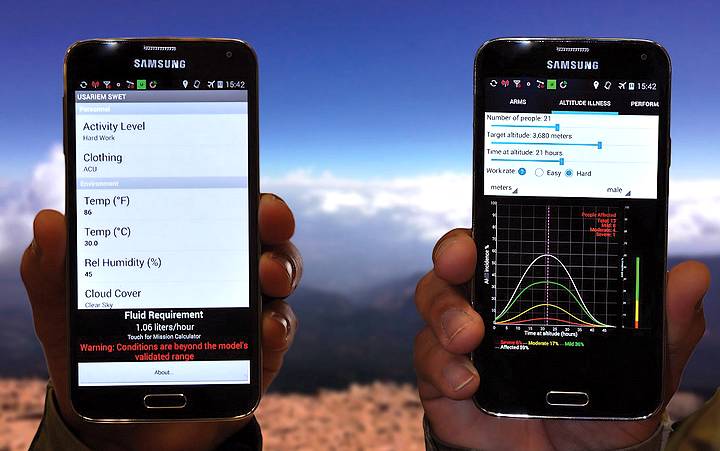 Apps for measuring human performance have their uses, matching the ability of a skilled specialist is a different task.
Apps for measuring human performance have their uses, matching the ability of a skilled specialist is a different task.
A number of apps are available to test for skin cancer. Health journals, blogs and social network pages offer great claims for them.
By making people aware of a need to check their skin, they serve a purpose. The question is whether they could then mislead, see dangerous lesions missed, or show concerns for healthy areas, perhaps bring unwanted treatment.
As in any field, there will be truly poor examples but several leading apps make a genuine effort. Their algorithms developed to try to match specialist skills and able to be assessed in a scientific way.
Research To Date
A study from mid 2018 was the first significant assessment. This found all apps tested lagged behind diagnosis by a clinician, although two years is a long term in app development, so worth looking at research published in 2020.
We should quote their conclusion, “Our review found poor and variable performance of algorithm based smartphone apps, which indicates that these apps have not yet shown sufficient promise to recommend their use.”
The best apps achieved a success rate around 70% to 80%, in detecting melanoma, or confirming benign lesions. Not significantly different to two years before and well below the rate achieved by specialists.
Even teledermatology, a video link to a specialist, came out much better in studies. 88 per cent of people with skin cancer and 97 per cent of those with benign lesions were correctly diagnosed.
We are using teledermatology far more during the coronovirus epidemic. A worthwhile alternative to a visit, offering direct contact with a consultant.
Why Apps Are Concerning
The pure data is a base concern, along with other issues. Rigorous, published trials are in short number, input from skin cancer specialists during development has been limited, there are questions over the technology itself.
In particular, unusual skin cancers may not be recognised. Neither do all melanomas produce scaly, crusted areas and when these are evident, they may not be cancerous, leading to false positives.
We should also bear in mind that the testing is generally carried out by experienced hands, whereas people downloading an app may have no knowledge.
Nobody should decry the intent of decent providers, skin cancer is growing globally, including the most serious forms. Awareness and early diagnosis are prerequisites for high success rates in treatment.
The simple fact is that apps are not able to match clinical assessment. Whether that will change over time remains to be seen but at present, they are not suitable for people needing an accurate diagnosis.
